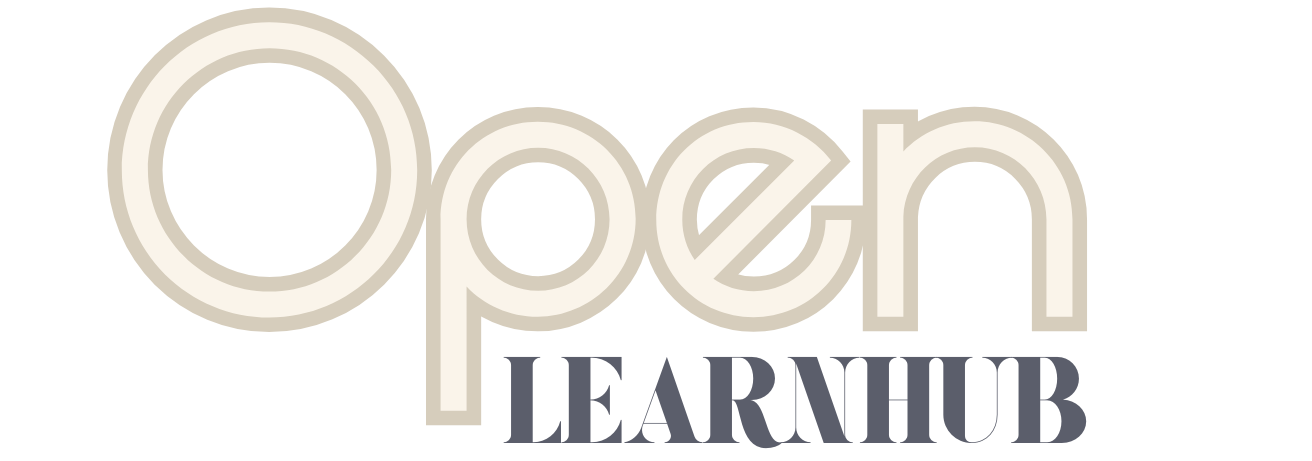Outline
- The Body as the First Messenger
- The Slow Collapse Behind the Smile
- The Moment of Stopping
- When Identity Begins to Unravel
- What Emerges in the Quiet
- A New Way to Live
- The Courage to Begin Again
- FAQs
The Body as the First Messenger
Before burnout is a word, it is a feeling. It begins as a whisper in the body: tension that doesn’t go away, sleep that doesn’t restore, a subtle resistance to tasks that used to be automatic. At first, we dismiss it. We drink more coffee, push through another week, tell ourselves we just need to get to Friday. But the body remembers. It keeps the score, as the saying goes. And when it finally says no—when it refuses to continue at the pace we demand—burnout no longer hides behind fatigue. It becomes visible. Undeniable. And it speaks the language of collapse.
The Slow Collapse Behind the Smile
Burnout rarely arrives all at once. It is a gradual descent hidden beneath functioning. Many keep going long after they’ve reached the limit—smiling, responding to emails, showing up to meetings. On the surface, everything appears intact. But inside, something is fraying. The inner world goes dim. Joy becomes mechanical. Passion thins into performance. There is no big breakdown—just a slow erosion of energy, meaning, and connection. That is what makes burnout so deceptive. It looks like you’re doing fine. Until you’re not.
The Moment of Stopping
Eventually, there is a moment when the body, the mind, or life itself intervenes. For some, it’s physical: illness, panic attacks, utter exhaustion. For others, it’s emotional: a sudden detachment, a sense of being completely disconnected from everything. This stopping point can feel like failure. Like weakness. Like everything you’ve worked for is slipping away. But in truth, it is something else. It is the body’s way of saving you. Of pausing what is unsustainable before it becomes irreversible. The moment of stopping is not the end—it is the first breath after holding one’s breath for too long.
When Identity Begins to Unravel
One of the most painful aspects of burnout is the way it cracks our sense of self. When the roles we’ve poured ourselves into—professional, parent, caregiver, achiever—suddenly no longer function, the question emerges: Who am I when I’m not performing? Burnout removes the scaffolding. It strips away the layers built on productivity, approval, and expectation. This unraveling can feel terrifying. But it can also be the beginning of truth. Because only when the noise dies down can we hear the faint voice beneath—the one that was never loud, but always honest.
What Emerges in the Quiet
In the aftermath of burnout, silence returns. At first, it’s uncomfortable. The absence of busyness feels like emptiness. But slowly, space becomes possibility. There is time to notice what the body needs. There is room to grieve what was lost by always rushing. In the quiet, many discover what had been missing for years: rest that is not earned, joy that is not scheduled, thoughts that are not strategic. Burnout, in its strange and difficult way, clears the ground. And on that cleared ground, something ancient begins to grow. A sense of self that is not tied to doing—but to being.
A New Way to Live
Healing from burnout is not about returning to who you were. It is about becoming someone new—someone who listens more closely, moves more slowly, and chooses more intentionally. This new life often begins with boundaries, with saying no, with walking away from roles that no longer fit. But more deeply, it begins with a shift in value: from proving to resting, from producing to feeling, from climbing to grounding. The journey forward is not linear. It is a process of remembering what matters—not to the world, but to you.
The Courage to Begin Again
Burnout is not a detour. It is a crossroad. And though it often arrives in silence, it carries a message too powerful to ignore: something within you wants to live differently. Not harder. Not faster. But more honestly. To see burnout not as a breakdown, but as a beginning, requires courage—the courage to stop, to feel, and to change. But for those who do, life doesn’t just resume. It reopens. And what returns is not the old self, restored, but a wiser self, awakened. One who walks a little slower. Breathes a little deeper. And listens, at last, to what the soul has been trying to say all along.
FAQs
What are the first signs of burnout in the body?
Burnout often begins subtly, long before we recognize it as burnout. Early signs include persistent physical tension, unrefreshing sleep, and a growing resistance to daily tasks. These symptoms are the body’s quiet way of signaling that something is wrong—even if we try to push through or ignore them.
Why is burnout so hard to recognize?
Because burnout often hides behind productivity. People may continue functioning—attending meetings, replying to emails, fulfilling roles—while internally feeling drained and disconnected. This slow collapse behind a smile makes burnout deceptive; it looks like you’re managing, until you’re not.
Can burnout be a turning point, not just a setback?
Yes. Burnout can feel like failure, but it often marks a profound turning point. It’s the body and soul urging a different way of living—one centered not on performance, but on presence, rest, and authenticity. Seen this way, burnout becomes not an end, but a powerful beginning.







